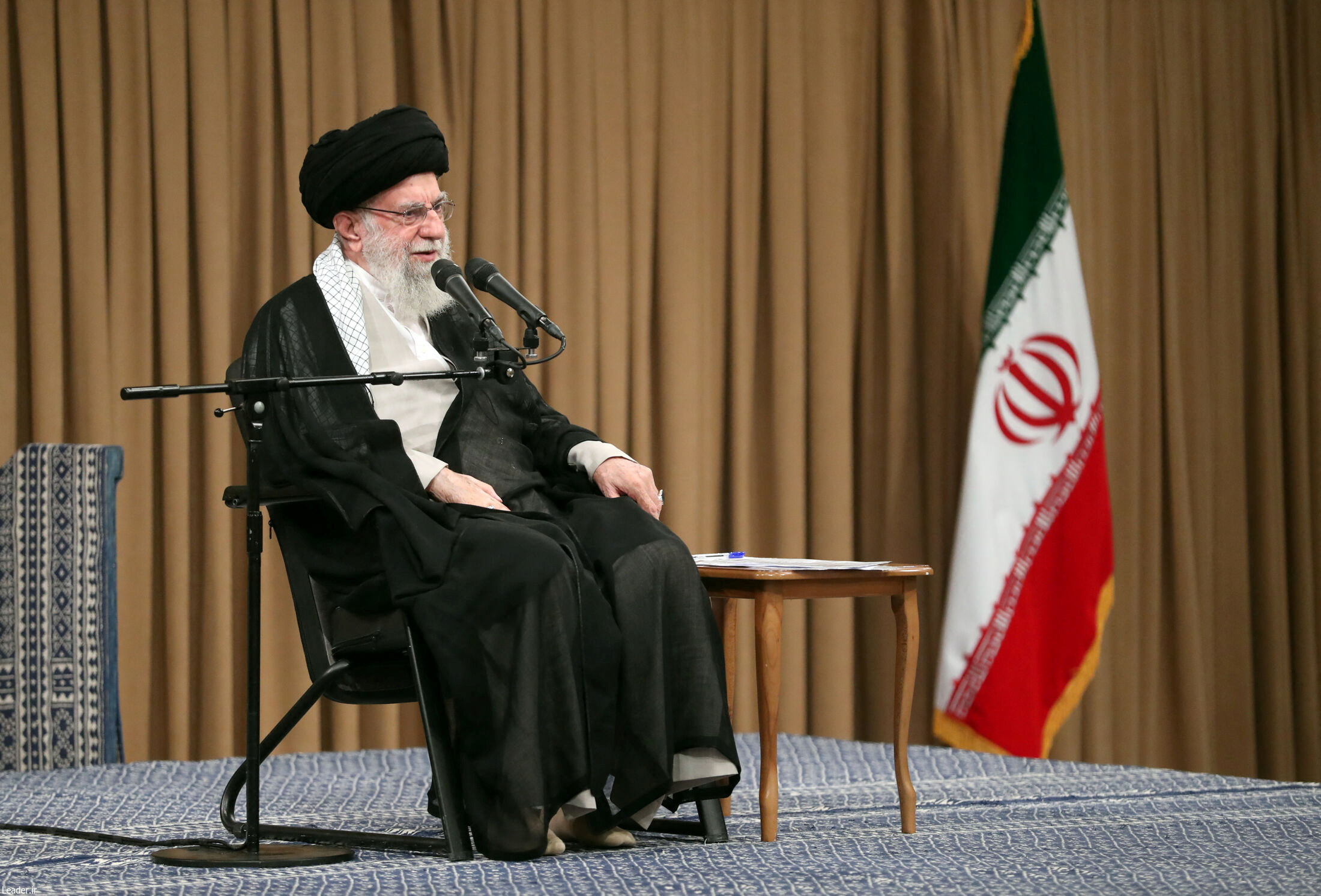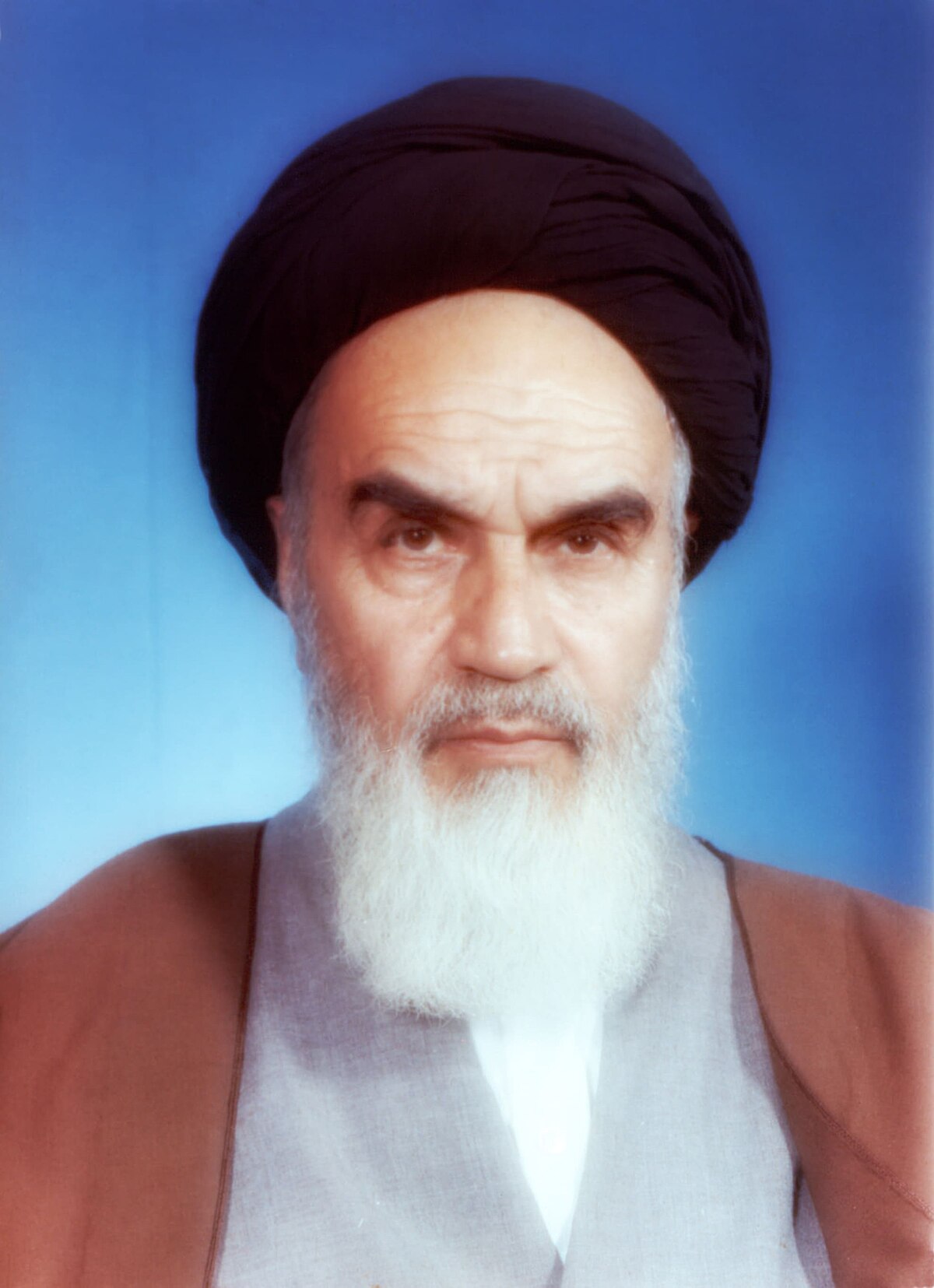Iran"s Khomeini Descendant Urges Muslims to Back Far-Right Movements in West
In a surprising turn of events, Zahra Khomeini, the great-granddaughter of Ayatollah Ruhollah Khomeini, has publicly expressed her support for far-right movements in Western countries, most notably the Patriot Front. This unprecedented endorsement, articulated in a recent article, calls on Muslims around the world to align with these groups, raising eyebrows and sparking debate about the implications for both Iranian politics and international relations.
Background & Context
The Khomeini family holds a significant place in Iran"s political landscape, with Ayatollah Khomeini being the founder of the Islamic Republic following the 1979 revolution. Historically, the family has been associated with Islamic governance and resistance against Western imperialism. Zahra Khomeini"s recent statements represent a dramatic departure from this legacy, as she advocates for collaboration with far-right factions that often espouse anti-immigrant and nationalist sentiments.
This endorsement comes at a time when global political dynamics are shifting, particularly in the West, where far-right movements have gained traction. The Patriot Front, a white supremacist group known for its nationalist rhetoric, has been at the forefront of these movements in the United States. Zahra"s call for solidarity among Muslims with such groups poses complex questions about identity, belonging, and the evolving nature of political alliances.
Key Developments
Zahra Khomeini"s article, shared on social media platform X, emphasizes a need for unity among Muslims and portrays far-right movements as potential allies in a broader struggle against perceived threats from liberal and progressive agendas. The article has garnered attention not only for its content but also for the implications it carries in the context of Iran"s ongoing geopolitical tensions with the West.
In her piece, Khomeini argues that Muslims should reconsider their affiliations and support groups that prioritize national sovereignty and cultural identity. This perspective is particularly provocative, considering the historical context of Iranian opposition to Western influence and the long-standing narrative of resistance against colonialism. The endorsement of groups like the Patriot Front, which often promote exclusionary policies, contrasts sharply with traditional Islamic values of inclusivity and community solidarity.
\n\n
Image for Iran"s Khomeini Descendant Urges Muslims to Back Far-Right Movements in West
Broader Impact
The implications of Zahra Khomeini"s statements extend beyond Iran, potentially influencing Muslim communities in Western nations. Experts suggest that her call for collaboration with far-right movements could exacerbate existing tensions between immigrant populations and nationalistic factions. This could lead to increased polarization within communities that are already grappling with issues of identity and integration.
Moreover, this shift in rhetoric could embolden far-right groups, providing them with a new narrative that frames their agendas as aligned with Islamic values, albeit in a distorted manner. As previously reported, the rise of far-right ideologies has been linked to a resurgence of anti-immigrant sentiment globally. Zahra"s endorsement may inadvertently reinforce these narratives, complicating the already fraught relationship between Muslim communities and far-right actors.
What"s Next
The international community will be closely monitoring the reactions to Zahra Khomeini"s statements. As the world grapples with the implications of rising nationalism and extremism, her call for Muslim support of far-right movements could provoke responses from various stakeholders, including governments, civil society organizations, and interfaith groups.
Future developments may include counter-movements within both Muslim and far-right communities, as activists and leaders respond to this controversial endorsement. Additionally, ongoing political discussions, such as those involving U.S. and Israeli leaders regarding strategies to address conflicts in the Middle East, may also be influenced by these dynamics. For instance, recent developments in the Israeli-Palestinian conflict highlight the complexities of aligning political ideologies across cultural and national boundaries.
As this situation unfolds, the potential for dialogue—or further division—remains a critical concern for policymakers and community leaders alike.

Image for Iran"s Khomeini Descendant Urges Muslims to Back Far-Right Movements in West



![[Video] Gunfire between Iraqi security forces and Sadr militias in Baghdad](/_next/image?url=%2Fapi%2Fimage%2Fthumbnails%2Fthumbnail-1768343508874-4redb-thumbnail.jpg&w=3840&q=75)
